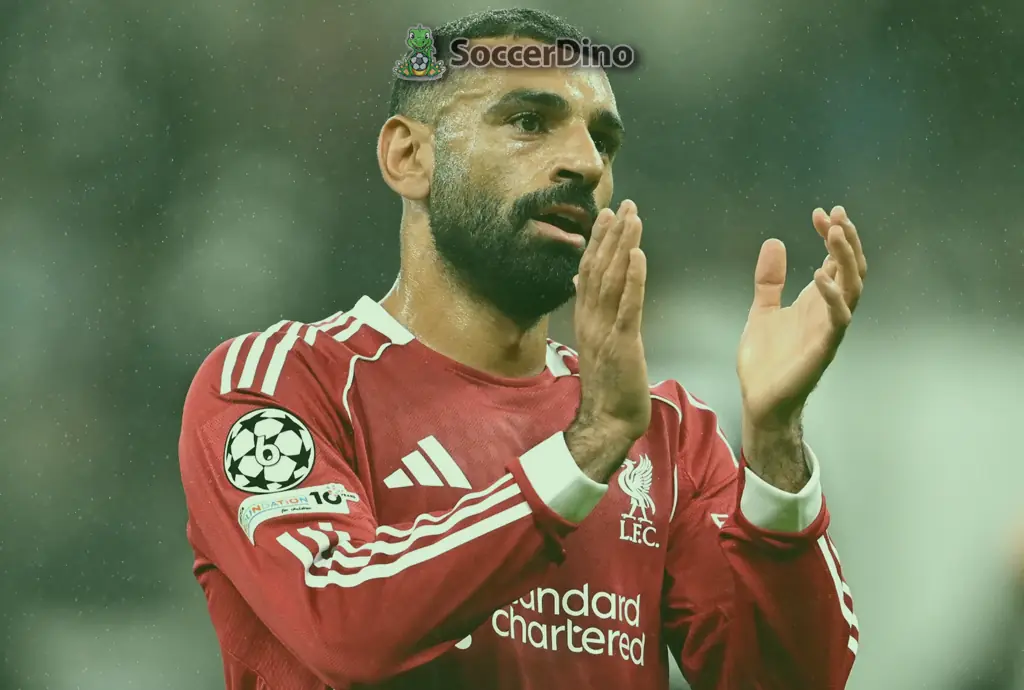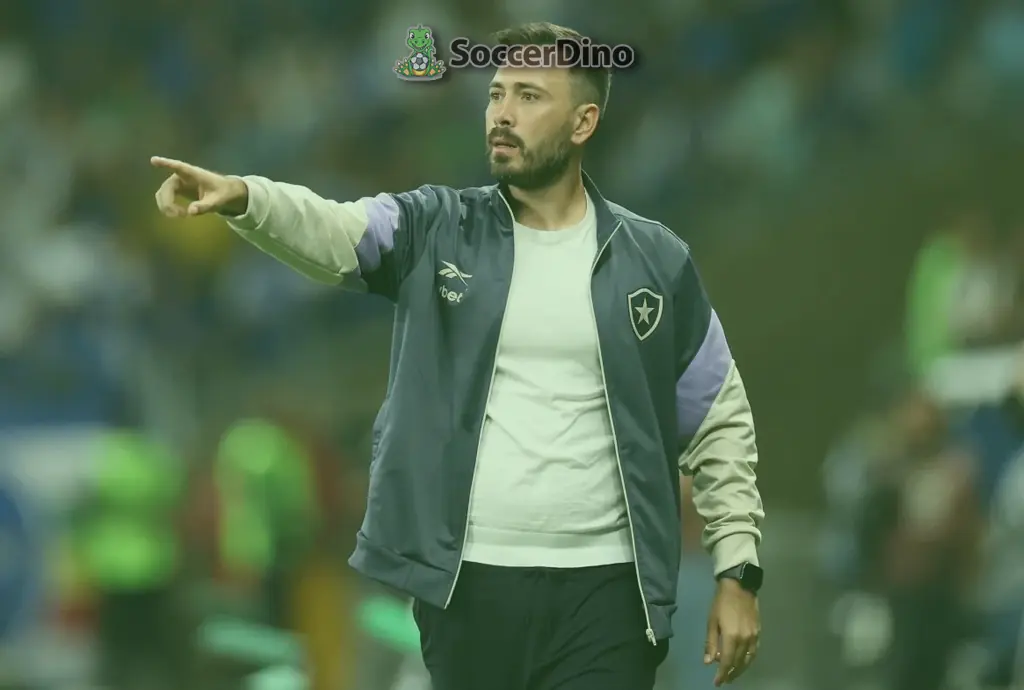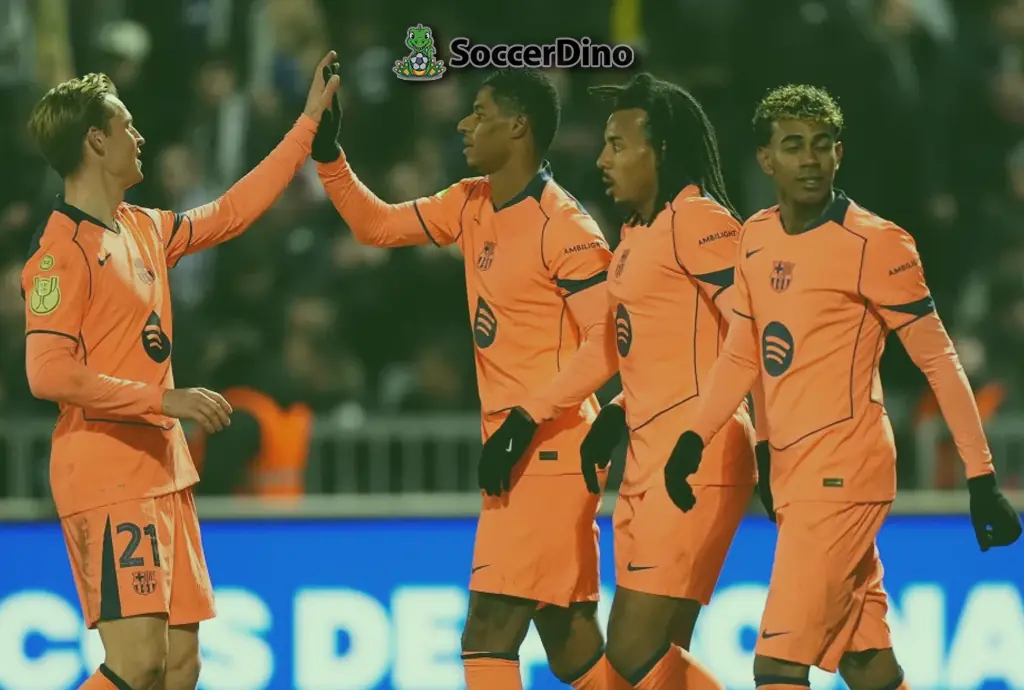Jules Koundé has also spoken out about the overcrowded match schedule in top-level football. Two days ago, Manchester City midfielder Rodri had already voiced similar concerns.

Jules Koundé's remarks have brought even more attention to the growing discontent among top football players regarding the overcrowded match calendar.
As the football schedule becomes increasingly congested, players are being asked to play more games with fewer opportunities for rest, a situation that is becoming unsustainable according to Koundé and others who share his concern. During Barcelona's press conference ahead of their Champions League clash against AS Monaco, Koundé didn't hold back, voicing his frustration over the demands placed on players and the lack of attention given to their concerns.
Koundé’s comments echo the frustrations of many top-tier footballers who are concerned about both their physical and mental well-being. According to the Barcelona defender, this issue has been a topic of discussion among players for several years. Despite this, he lamented that no real change has been made by football’s governing bodies. "The schedule gets busier every year, we have more games and less and less rest," Koundé explained. His remarks suggest that, despite ongoing discussions, there has been a fundamental disconnect between players and the decision-makers in the sport.
The frustration isn’t limited to Koundé. Just days earlier, Manchester City midfielder Rodri also voiced similar concerns. The growing consensus among top footballers is that their voices are being ignored, and Koundé's warning that a strike may become inevitable highlights just how severe the situation has become. He pointed out that the increasing number of injuries, many caused by the lack of recovery time between matches, serves as evidence that the current system is unsustainable. The introduction of more tournaments, like the FIFA Club World Cup, exacerbates this issue, as it further burdens players with even more fixtures in an already packed calendar.
Koundé was clear in stating that the only way for players to truly be heard is through a collective action, such as a strike. He believes this drastic measure may be the only effective method to prompt change. "This is the only way we will be heard," he stated, acknowledging the severity of such a step but suggesting that it might be necessary to protect players' well-being. According to Koundé, the players themselves who are the ones taking the physical toll of the congested schedule are not being considered, and their health is being jeopardized for the sake of more matches and more tournaments.
The potential for a strike, however, raises logistical questions. Koundé acknowledged that organizing such a collective action would require significant coordination and unity among players. He mentioned the existence of unions like the UNFP (the French professional footballers' union), but emphasized that a more global approach would be necessary to make a real impact. "We lack communication and organization among ourselves," Koundé admitted, suggesting that players from different leagues and countries would need to come together to form a unified front. This level of organization is critical if a strike or any other form of collective action is to be successful in influencing change.
Koundé’s statements are part of a larger conversation in football about player welfare. Many within the sport are becoming increasingly vocal about the excessive demands placed on players. Alongside Koundé and Rodri, other high-profile figures, including former professionals like Jamie Carragher, have joined the discussion. Carragher, speaking on Sky Sports, criticized the addition of the expanded FIFA Club World Cup, calling it unnecessary and harmful to players. "No one wants to play in it. No one is looking forward to it," Carragher said, expressing his dismay at how players are being treated. His comparison of players being "treated like cattle" emphasizes the growing concern that the human element of the sport is being overshadowed by commercial interests.
Carragher’s criticism extends not only to FIFA but also to the clubs themselves. He argued that clubs are complicit in this problem, as they continue to prioritize participation in lucrative tournaments without considering the impact on their players. According to Carragher, clubs are allowing their players to be overworked, knowing the financial incentives at stake, rather than advocating for their players' well-being.
The situation described by Koundé and echoed by figures like Rodri and Carragher suggests a sport at a crossroads. On one hand, football continues to grow commercially, with new tournaments and competitions being introduced to maximize profits. On the other hand, the players who are the central figures in the game are reaching their physical limits. Koundé’s suggestion that a strike may become necessary reflects the growing sense of frustration among players, who feel that their concerns are being ignored despite the obvious consequences, such as increased injuries and burnout.
The path forward for football will require balance between the demands of an ever-expanding sport and the well-being of the players who make it all possible. Koundé’s comments, along with those of other players and pundits, are a warning that football cannot continue on its current path without facing serious repercussions. If the sport’s governing bodies fail to address these concerns, the threat of a player strike may no longer be just a hypothetical scenario but a reality that could shake the foundations of the sport.







